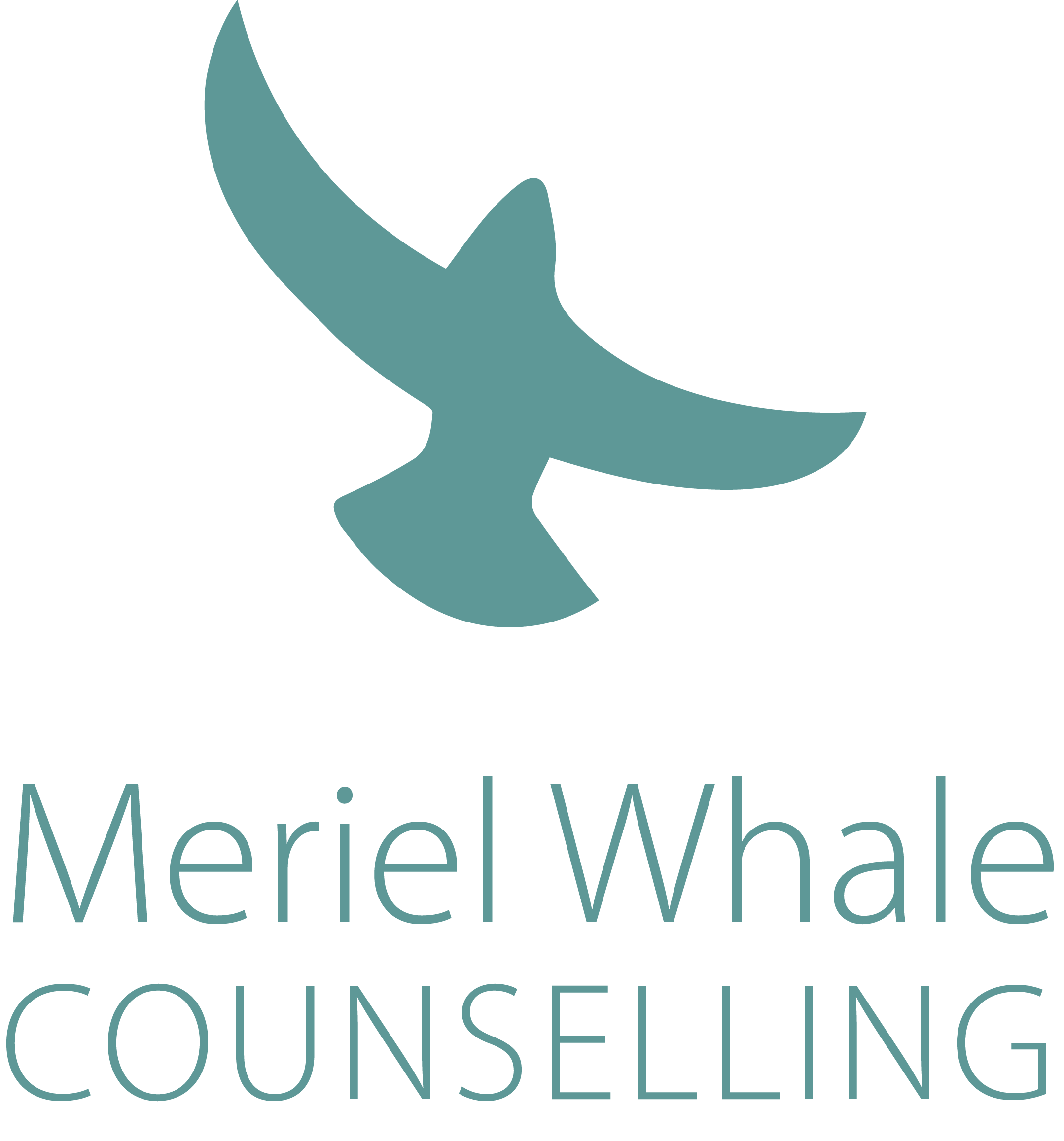Grieving
“Grief heals us but we cannot do it alone. We cannot ‘wait it out’. Time does not heal; grieving heals. But it cannot heal until it is witnessed and held jointly, with great tenderness, in the heart and soul of another.”
We carry our losses with us wherever we go, no matter what they are
When I look back at my life to date, I can almost see them. This one was the loss of my first pet. This one is when my Grandad died when I was 10. Here's the death of my Dad in 2007, here's a relationship break up that was particularly painful, and here, still very close to my side, is the moment in 2015 when I realised I was going to be unable to have a child. A little lump still forms in my throat when I remember that moment. But it is only a little lump because I have allowed myself to feel it. Not just once, but again and again and again. I have told my story. I've told it to my friends, although not all of them have been able to hear it. I have told it to some of my family. And, most importantly of all, I have told it to my tribe of fellow childless people. People who wanted to have children and who weren't able to. And they really listen. And they get it.
Healing
Healing from grief, especially complicated grief means being heard. Heard and listened to deeply, by someone willing to really hear and understand your unique story, exactly as it is, without trying to solve anything, without trying to change anything, without trying to persuade you to try the latest thing because they are uncomfortable with where you are or saying you should have moved on by now, by someone willing to be with you and accept you exactly as you are, where you are. Someone who can walk alongside you for a while, in quiet compassionate empathic presence and companionship.
Rituals
Grief needs to be seen and to be understood and sometimes it needs a ritual. We have funerals when we lose someone we love, and Divorce Parties are not unheard of. People sometimes write letters they will never send to people they have loved and lost, to children who were never able to exist. Group rituals can be very powerful, being alongside people who have experienced something similar to you. Dreams can die as well as people.
Complicated grief
Sometimes our responses to our loss, our grief, can become complicated and hard to shift. This can happen when there is no outlet for our feelings, or the people around us or society as a whole trivialise or deny our experiences.
We may be struggling to move on, feeling that life is meaningless, being troubled by constant intrusive reminders of our loss. Perhaps we don't want to let it go. Perhaps we feel numb, or angry and bitter. Perhaps we cut ourselves off from things we previously enjoyed, or feel we can no longer trust our friends and family as they don't understand how we feel. Perhaps we feel we cannot escape from the pain of our losses, and the pain is overwhelming us. A life sentence, but one we have the power to end, and to be free.
A different life
I remember saying to a friend that I felt she had gone to a place I could never go to, and I was trapped on the opposite shore, able to see everybody enjoying the life I had dreamed of, but unable to get there.
Complicated grief changes our past, present and the future we had hoped for, leaving us looking into an uncertain world that doesn't come with an instruction manual for how to find a life worth living, or an identity that makes sense. Life will never the same. We will never be the same. But we can make something different and still very good.
An article by John Wilson, “The Nature of Complicated Grief,” helps define complicated grief, and the factors which may make it more likely:
• Lack of family or social support
• History of anxiety or depression before the loss
• The loss was traumatic, sudden or unexpected
• Multiple previous losses
And some of the symptoms:
• Persistent and invasive thoughts of your loss that disrupt daily activities
• Unable to accept the finality of the loss
• Intense yearning
• Feeling numb or confused, developing a loss of trust in others
• Feeling that life is meaningless and hopeless
In an article in the Chicago Tribune, Dr. Katherine Shear writes, “The point isn’t to put these feelings behind you altogether; that’s not possible or even desirable. The point is to gain perspective and help grief find its rightful place in a person’s life.” She also wrote, ' "People need to learn how to make peace with the finality and consequences of a loss and to envision their own life as holding the possibility of happiness,".
There is no time limit to grief, but if it is interfering with the quality of your life, and the quality of your happiness, then seeking help from a professional or trusted friend, will help to shift these feelings into a more manageable state, where love and loss can learn to live together, and you can begin to walk forwards once again.
"For me, the message is very hopeful," said Dr. Robert Neimeyer, a professor of psychology at the University of Memphis. "We now know how to deal with grief that has reached an impasse and that causes enormous suffering. Although there is more to learn, the essential point is that help is eminently possible."
Link to Jody Day's book, 'Living the Life Unexpected'.

